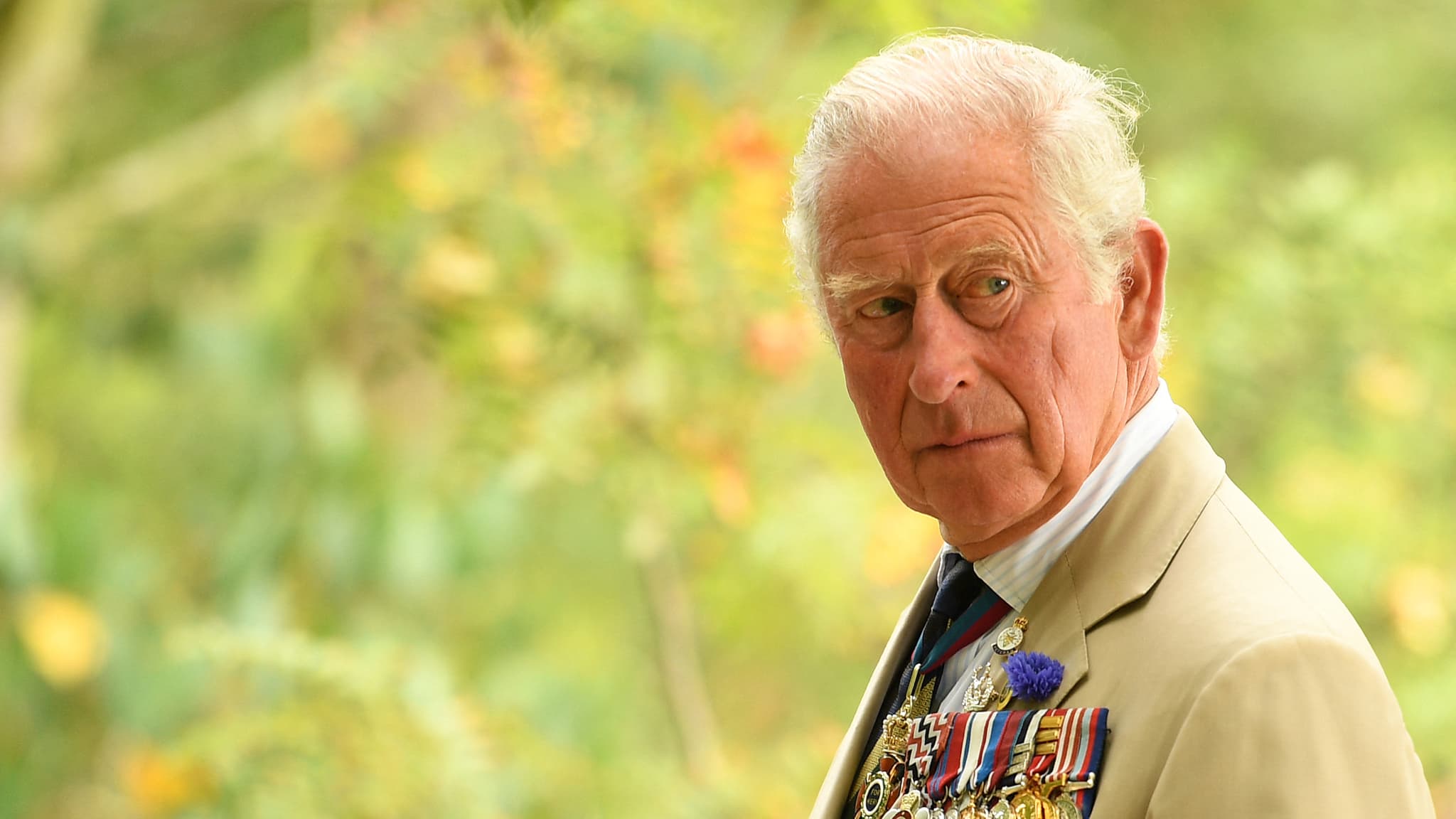The United States announced a diplomatic boycott of the Beijing Olympics weeks ago. The EU continues to fight for a common position. But the federal chancellor has already made a decision for herself.
Federal Foreign Minister Annalena Baerbock will not travel to Beijing for the Winter Olympics. Photo: Michael Kappeler / dpa (Image: dpa)
(Photo: Michael Kappeler / dpa)
Berlin – Foreign Minister Annalena Baerbock and Interior Minister Nancy Faeser will not travel to Beijing for the Winter Olympics in February.
Both made it clear that these are personal decisions that have nothing to do with the fundamental political decision on a diplomatic boycott.
Baerbock told the German Press Agency: “I am a huge sports fan, but I will definitely not go to the Olympics at this time, that was also not common for foreign ministers in the past.” The interior minister responsible for sport, Faeser, asked a ministry spokesperson to explain that she did not want to travel to Beijing herself “due to pandemic reasons.”
Deputy government spokesman Wolfgang Büchner left open whether or not Federal Chancellor Olaf Scholz (SPD) will travel to Beijing. He noted that there is still coordination with EU partners on participation in the Olympics. “I cannot anticipate this coordination process here.”
US diplomatically boycotts – Russia strictly against it
The United States announced weeks ago that it would not send an official representative to the Games in China. Australia, Canada, Great Britain and New Zealand followed suit. The main reason for this is the human rights situation in the world’s most populous country. The leadership in Beijing is criticized for its dealings with Uighur Muslims in Xinjiang province and Tibetans, but also for suppressing the democratic movement in Hong Kong and threats against Taiwan.
But there are also staunch opponents of a diplomatic boycott. Russian President Vladimir Putin criticized the US approach shortly before Christmas as unacceptable. “That is an unacceptable and wrong decision,” he said at his big annual press conference. “We have always been against the politicization of sport.” The Kremlin chief plans to travel to Beijing in February to mark the opening of the Games.
Steinmeier also has no travel plans for Beijing.
Federal President Frank-Walter Steinmeier had already announced through a spokeswoman in early December that he had no plans to travel to Beijing. In the dpa interview, Baerbock, like Scholz, noted that there is still coordination with EU partners in a diplomatic boycott. The reason for his personal resignation to participation, this is not common for a foreign minister, it also applies to the Federal Chancellor. Angela Merkel and her predecessors have generally not attended the Olympics until now. In the past, the federal government was more likely to be represented at the Olympics by interior ministers responsible for sport.
His spokesman did not say what exactly was the deciding factor in the decision of the new interior minister, Faeser, to resign due to the pandemic. The games will take place from February 4 to 20 under strict crown conditions in the Chinese capital. The manuals for athletes, officials, media and helpers provide for daily crown tests, a strict mask requirement, and freedom of movement restricted to accommodation and Olympic venues. Foreign participants must be fully vaccinated at least two weeks before entering China to avoid a three-week quarantine upon arrival. After criticizing the measures, it is advisable to improve.
© dpa-infocom, dpa: 211229-99-530566 / 4

“Troublemaker. Typical travel fan. Food fanatic. Award-winning student. Organizer. Entrepreneur. Bacon specialist.”







